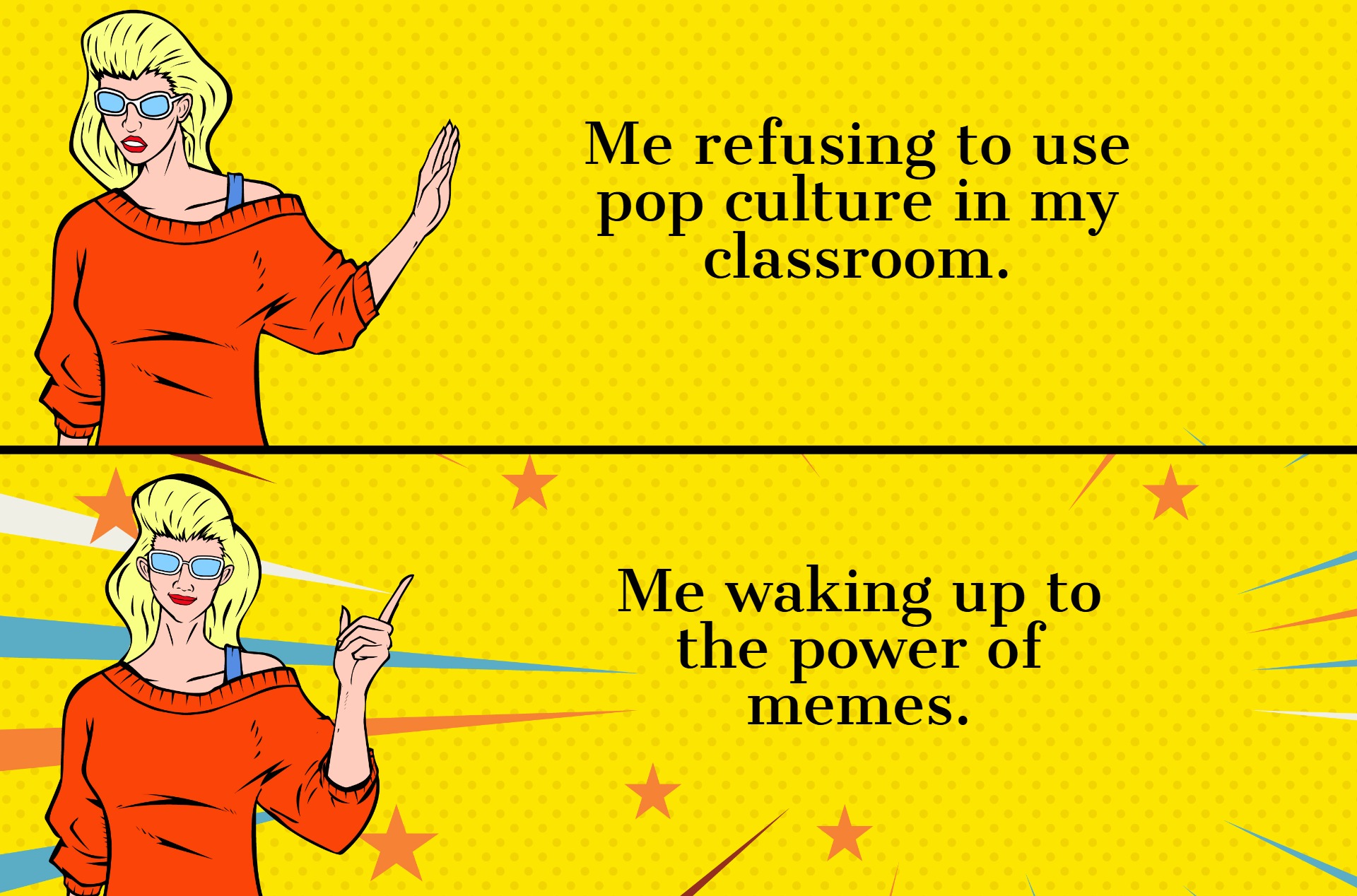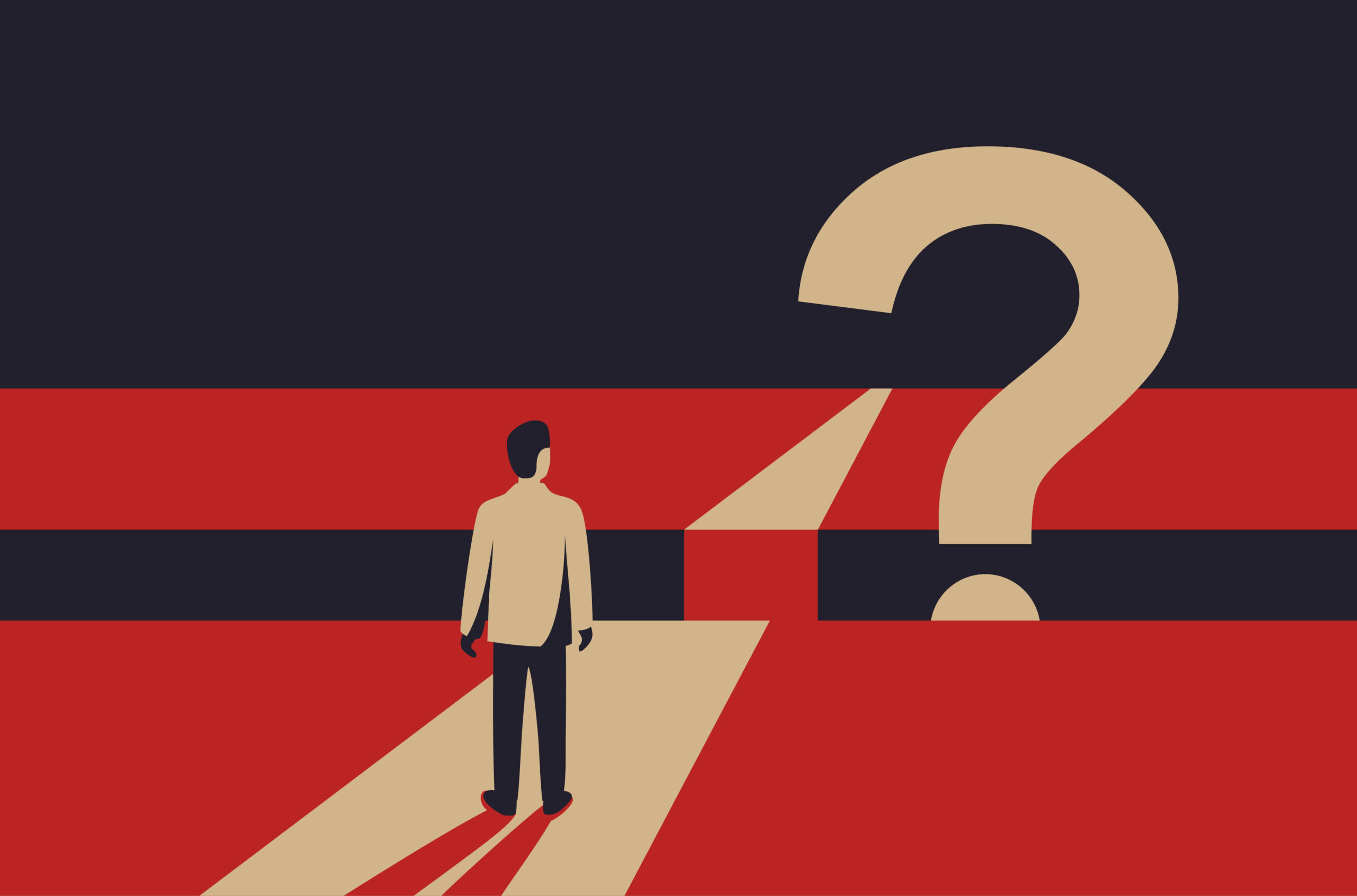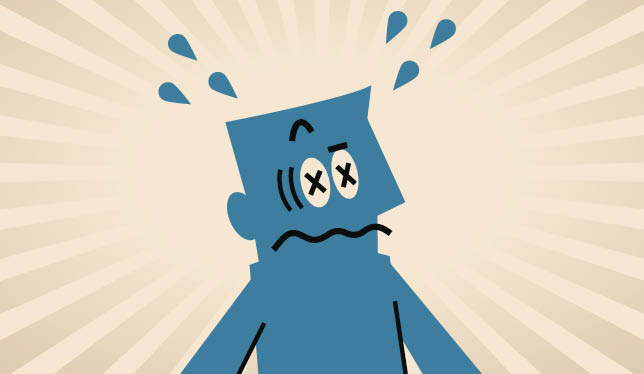Transform a career break into a learning opportunity
By highlighting relevant activities, emphasizing transferable skills and incorporating the career gap as a valuable experience on your resume, you can effectively communicate your growth and value to potential employers.

Career breaks, though often viewed with uncertainty, can be transformative periods for personal growth and learning. Whether taken for personal reasons or to pursue new adventures, they offer valuable opportunities to expand knowledge and skills. In this column, I invite you to rethink your perspective on career gaps and embrace curiosity. Instead of seeing breaks as setbacks, let’s explore how they can be leveraged as learning experiences to effectively communicate your growth and value to prospective employers. Rather than concealing resume gaps, showcase the skills acquired during these periods.
Why are career breaks viewed with trepidation?
Career breaks on resumes are often met with raised eyebrows due to concerns about the potential loss of skills and knowledge, leading employers to question a candidate’s industry relevance.. As a result, job seekers often feel compelled to conceal the gaps.
Regardless of whether your career break is inspired by positive experiences that bring you happiness and fulfillment or unfortunate life events, there is often a silver lining to be found.
By recognizing the potential benefits and growth opportunities that arise from career breaks, we can create a more supportive environment for individuals who have taken time off. As attitudes towards career breaks continue to evolve, it is crucial for both individuals and employers to embrace a more inclusive and open-minded mindset.
The power of curiosity
Curiosity becomes our guiding force during a career break, leading us on learning journeys through online courses, workshops, volunteering or travel. Embracing our inquisitive nature opens up a world of possibilities and experiences that enrich both our personal and professional lives.
Taking the time to reflect on the lessons learned during a career break is crucial. What skills have you acquired? How have you grown as an individual? What have you discovered about yourself? What valuable insights and perspectives have you gained? These reflections not only allow us to appreciate the value of career breaks but also enable us to effectively communicate their significance to potential employers. By highlighting the growth and learning experiences acquired during your break, you can showcase your adaptability, resilience and continuous pursuit of personal and professional development.
To effectively present your career break and highlight your growth, consider the following strategies:
- Highlight relevant activities: Mention networking events, industry-related workshops, webinars, or online courses you completed during your break. This demonstrates your commitment to staying connected to your industry and to continuing your professional development.
- Emphasize transferable skills: Highlight resilience, adaptability and communication skills developed through personal experiences or engagement with professionals and career specialists. These skills are valuable in any work environment and can be assets to potential employers.
- Incorporate the career break as a valuable experience on your chronological resume: This demonstrates transparency, addresses gaps in your work history and highlights how you utilized the time for personal growth, self-reflection and skill development. By showcasing your proactive approach to managing challenges, you emphasize the valuable experiences acquired during the career break.
- Consider a functional resume format: Focus on transferable skills and achievements as this allows you to emphasize the value you offer a prospective employer.
- Include volunteer work and freelance projects: Showcase these contributions during your career break to demonstrate your commitment to applying your skills and expertise.
- Address the gap positively: Briefly mention your career break as a period of personal growth, self-reflection and professional development. This showcases your proactive approach to utilizing the time off for personal and skill enhancement.
- Utilize the cover letter: Generally, a great cover letter focuses on highlighting the skills and qualifications that make you a strong candidate. However, if mentioning your career break and the skills gained from it is critical for the job you are applying for, you can include a line or two to briefly address it. Remember to stay positive and impactful in your approach.
By reframing career breaks as learning opportunities and effectively showcasing your growth and experiences, you can confidently navigate job searches and demonstrate the value you bring to potential employers.
Featured Jobs
- Psychology - Assistant Professor (Speech-Language Pathology)University of Victoria
- Canada Excellence Research Chair in Computational Social Science, AI, and Democracy (Associate or Full Professor)McGill University
- Veterinary Medicine - Faculty Position (Large Animal Internal Medicine) University of Saskatchewan
- Business – Lecturer or Assistant Professor, 2-year term (Strategic Management) McMaster University
















Post a comment
University Affairs moderates all comments according to the following guidelines. If approved, comments generally appear within one business day. We may republish particularly insightful remarks in our print edition or elsewhere.